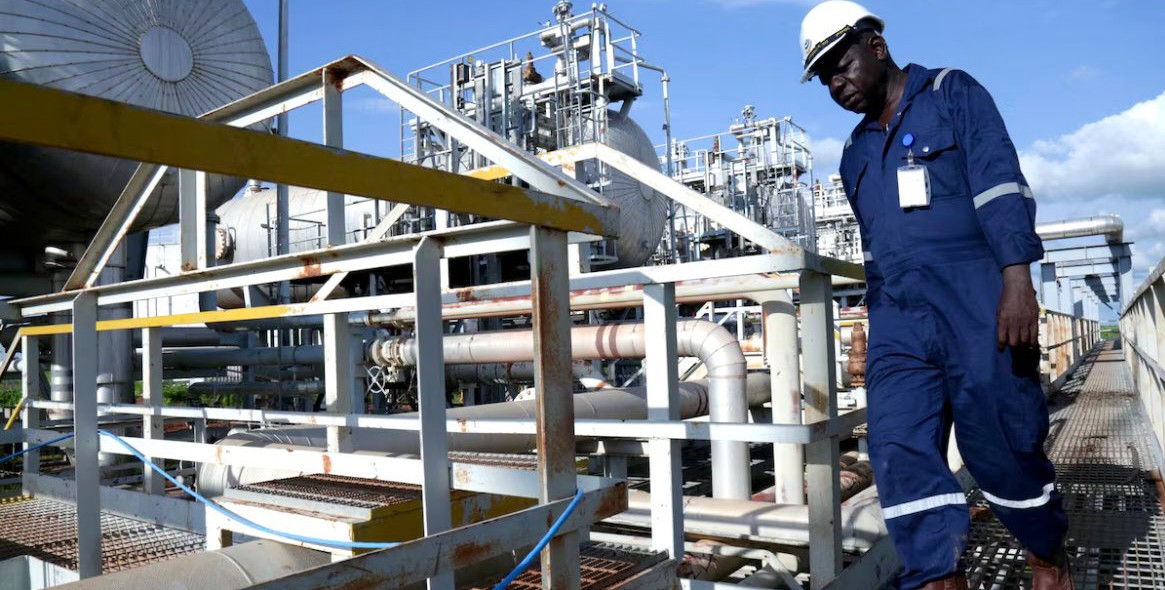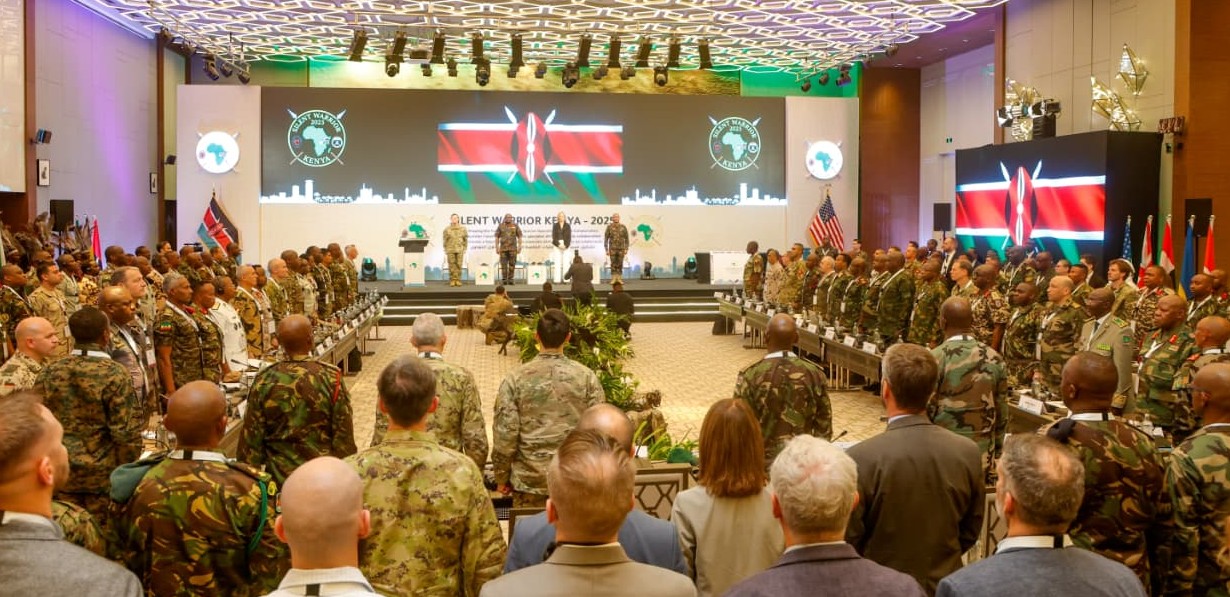Rising prices, protests shrank private sector economy in July - report

The monthly Stanbic Bank's Purchasing Managers' Index shows the headline PMI dropped at the sharpest pace in a year during the month.
Kenya’s private sector business conditions deteriorated further in July, marking the third consecutive month of weakening since May.
The monthly Stanbic Bank's Purchasing Managers' Index shows the headline PMI dropped at the sharpest pace in a year during the month.
More To Read
- Kenya’s private sector posts fastest growth in five years on soaring demand
- KNBS data shows uneven food price shifts as inflation dips slightly
- High Court blocks 10 per cent crude oil duty, slams government for bypassing public input
- World Bank upgrades Kenya’s growth outlook to 4.9 per cent, warns of elevated risks
- Fuel prices remain unchanged in November EPRA review
- CBK targets Sh40 billion in new Treasury bond auction
It declined to 46.8, down from 48.6 in June, signalling a solid downturn in the health of the private sector economy.
The figure headlined 49.6 in May.
Notably, the record follows the seven-month streak of growth that began in October last year to April this year.
Readings above 50.0 signal an improvement in business conditions from the previous month, while readings below 50.0 show a deterioration.
According to the index, the deterioration was mainly due to weaker order inflows, rising price pressures and disruption from protests, which led to a marked reduction in input purchases and a slight dip in inventories.
However, staffing numbers remained broadly stable, supporting backlog depletion.
The protests, held in June this year, marked the anniversary of the 2024 anti-Finance Bill demonstrations and also called for justice for Albert Ojwang, a teacher and blogger whose killing in police custody sparked public outrage.
The decline during the month was largely concentrated in the manufacturing and services sectors, conflicting with higher output across agriculture, construction and wholesale & retail.
“Businesses reportedly curbed their output because of lower sales volumes, cash flow problems, political unrest and accelerating inflationary pressures,” the report reads.
Total new orders also declined, and at the sharpest rate for 12 months.
According to survey participants, orders fell due to reduced customer spending power, higher prices and political protests leading to lower footfall.
Firms in the country made successful attempts to reduce their work-in-hand in July, as weaker demand freed up capacity.
While modest, the decrease in backlogs was the greatest recorded since April 2021.
Backlog clearance was helped by employment levels remaining stable.
With workloads falling, companies scaled back their purchasing activity sharply during the month.
The reduction was the fastest in almost three years, led by marked cutbacks among manufacturers.
Stocks of purchases also fell, representing the first monthly decline in 2025 so far.
Input cost inflation rose during the month, driven by a steep increase in fuel prices as well as higher tax payments, according to respondents.
Notably, overall cost burdens increased at the fastest pace in seven months.
Several firms opted to pass through higher costs to customers, resulting in a solid rise in selling prices that was the most marked since the start of the year.
For the second month running, Kenyan businesses were more optimistic about future activity.
The degree of confidence rose to its highest level in 15 months with the positive sentiment linked to new product releases, land purchases, reoriented marketing plans and branch openings.
Top Stories Today











































